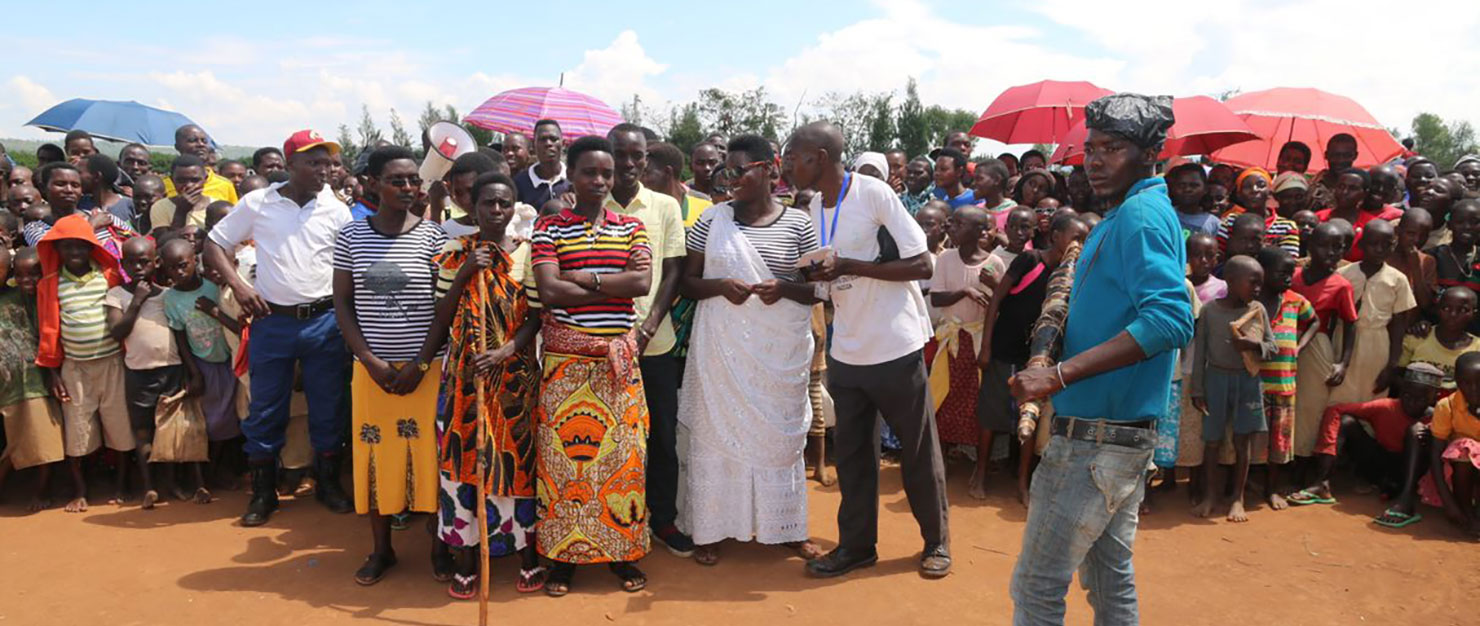

When it comes to resolving problems big and small, access to justice remains elusive for two-thirds of humanity. But new momentum for people-centered justice could change that.
At the second Summit for Democracy, a broad coalition of countries and civil society organizations called for a global renewal of a core pillar of democracy–the rule of law. The best way to do so, they said in a joint statement, is to rebuild citizen trust by embracing people-centered justice.
More than 5 billion people are caught up in a massive global justice gap, according to research by the World Justice Project (WJP). That includes over 4 billion people who can’t access basic protections the law allows, and 1.5 billion people who cannot solve their legal problems–whether criminal, civil, or administrative–through the justice system.
“If left untreated, people’s unresolved legal problems may give way to growing social frustrations and unrest, thereby exacerbating tensions and conflicts within societies,” says the joint statement, which cites WJP’s justice gap research.
The statement also warns that rising authoritarianism, corruption, climate change, and COVID have all compounded the global rule of law recession, citing WJP Rule of Law Index data that 4.4 billion people live in countries where rule of law is declining.
Closing the gap at home as well as around the world
The Joint Statement and Call to Action on the Rule of Law and People-Centered Justice is signed by 10 countries—Canada, Colombia, Dominican Republic, Finland, Germany, Kosovo, Netherlands, Senegal, United States and United Kingdom—as well as WJP; Pathfinders for Peaceful, Just and Inclusive Societies (Pathfinders); and 13 other national and international organizations.
Next week, the U.S. Agency for International Development (USAID) will formally announce that people-centered justice will be at the heart of its new rule of law policy. At the Summit’s rule of law event, a U.S. Justice Department official said the U.S. government is also committed to advancing a people-centered approach to expanding access to justice at home.
The United States currently ranks 115 out of 140 countries in the WJP Rule of Law Index when it comes to affordability and accessibility of civil justice.
What is people-centered justice?
The joint statement describes people-centered justice as placing “the people and communities affected by the law, whether in civil, criminal, or administrative matters, at the core of the policies, processes, and practices that provide a foundation for justice systems.”
WJP Executive Director Elizabeth Andersen heralded USAID’s adoption of people-centered justice in its long-awaited rule of law policy, adding “It’s time to #democratizejustice!”
At the Summit for Democracy event, USAID and others acknowledged that, for decades, a top-down philosophy has dominated rule of law development. That approach has often prioritized the perspectives and needs of traditional justice institutions, rather than identifying people’s actual legal needs first and then developing the most strategic approaches to address them.
As WJP, Pathfinders, and the OECD wrote in the 2021 paper Grasping the Justice Gap:
Many justice needs are common across regions and countries, including problems with housing and land, money and debt, public services, family, and employment. Justice problems have significant individual, community, and societal costs, with disproportionate impacts falling on marginalized and vulnerable groups including women, children, and persons with disabilities.
A data-driven approach to five core principles
The joint statement embraces that paper’s call for the strategic use of robust data to drive people-centered justice policy making, and it endorses five principles of people-centered justice:
- Put people and their legal needs at the center of justice systems
- Work to solve justice problems.
- Improve justice journeys.
- Use justice for prevention and to promote reconciliation.
- Empower people to access services and opportunities.
The Summit for Democracy's Rule of Law and People-Centered Justice Cohort was led by Dominican Republic, Kosovo, Pathfinders, the American Bar Association Rule of Law Initiative, Transparency International, and WJP.
Read the full Joint Statement and learn how WJP Measured the Justice Gap.






